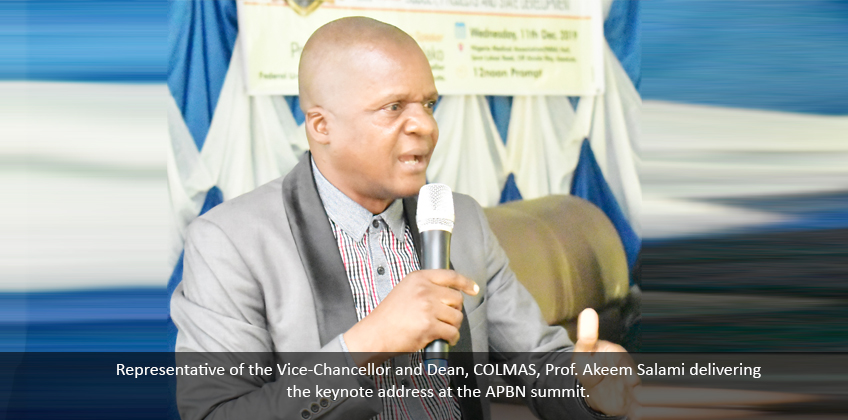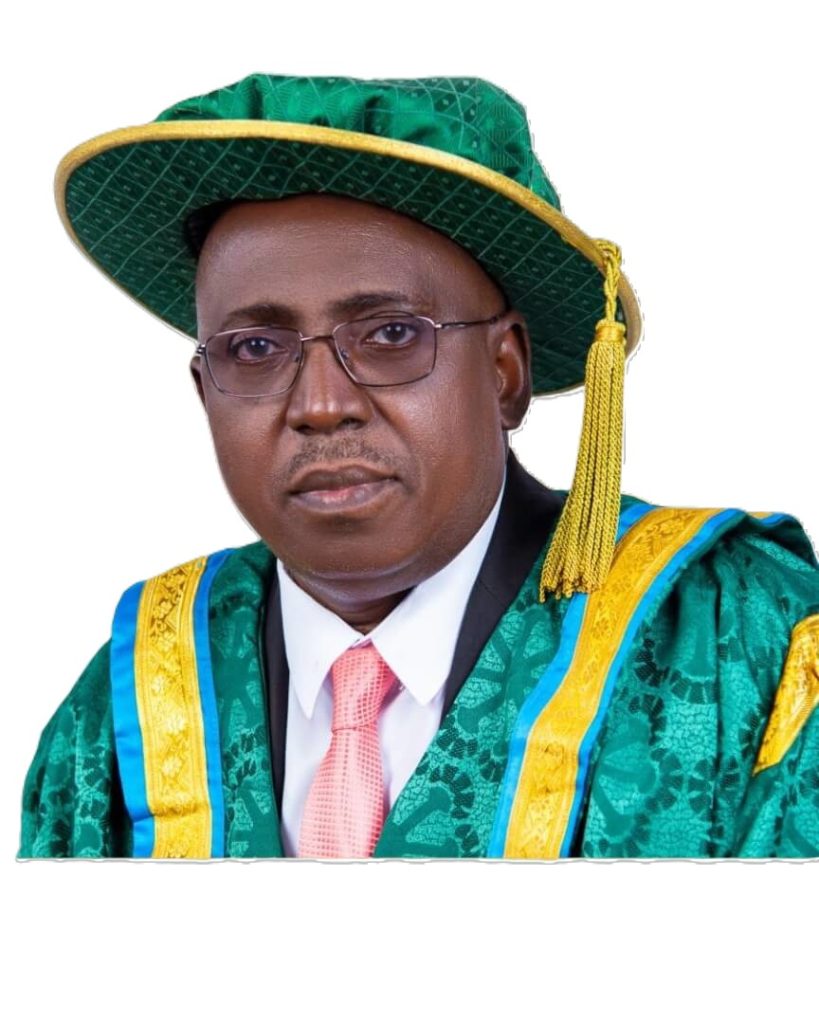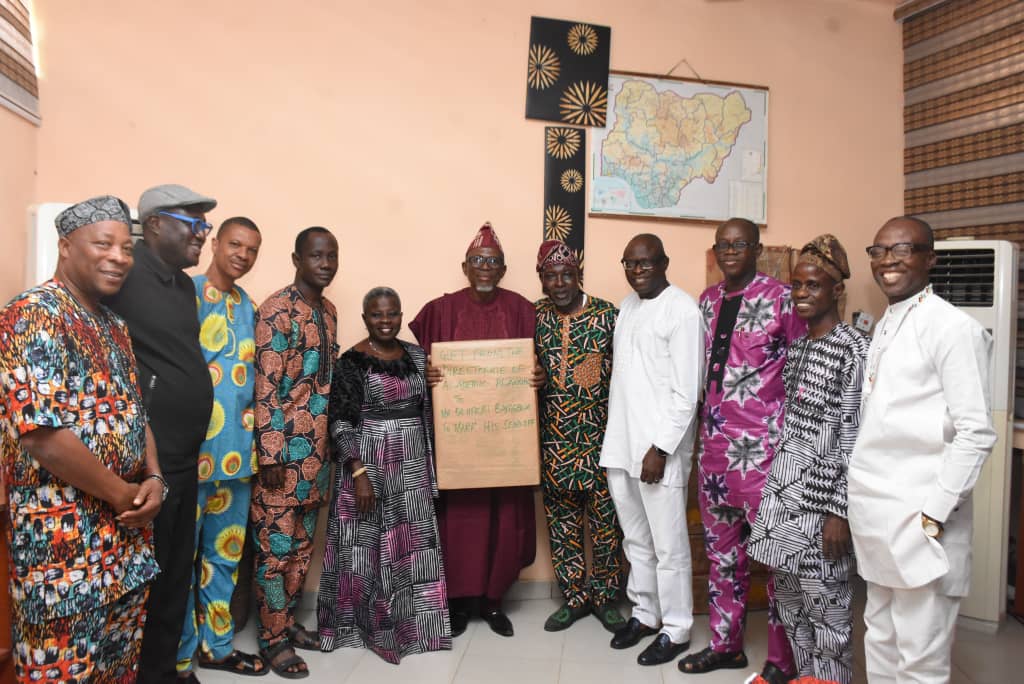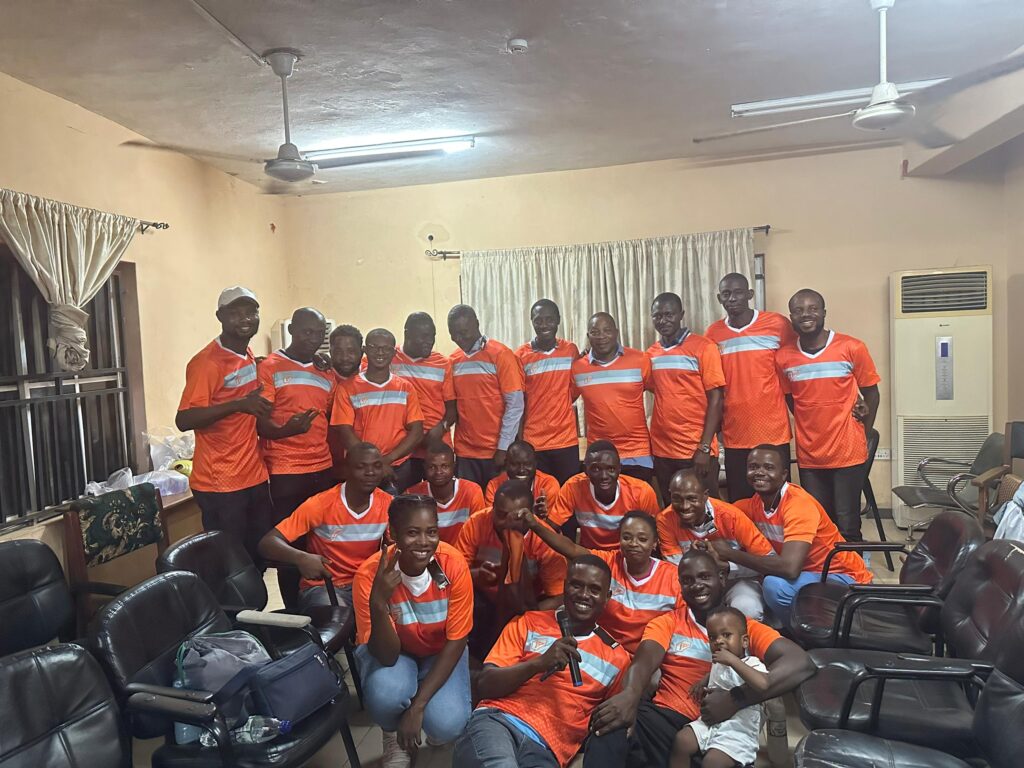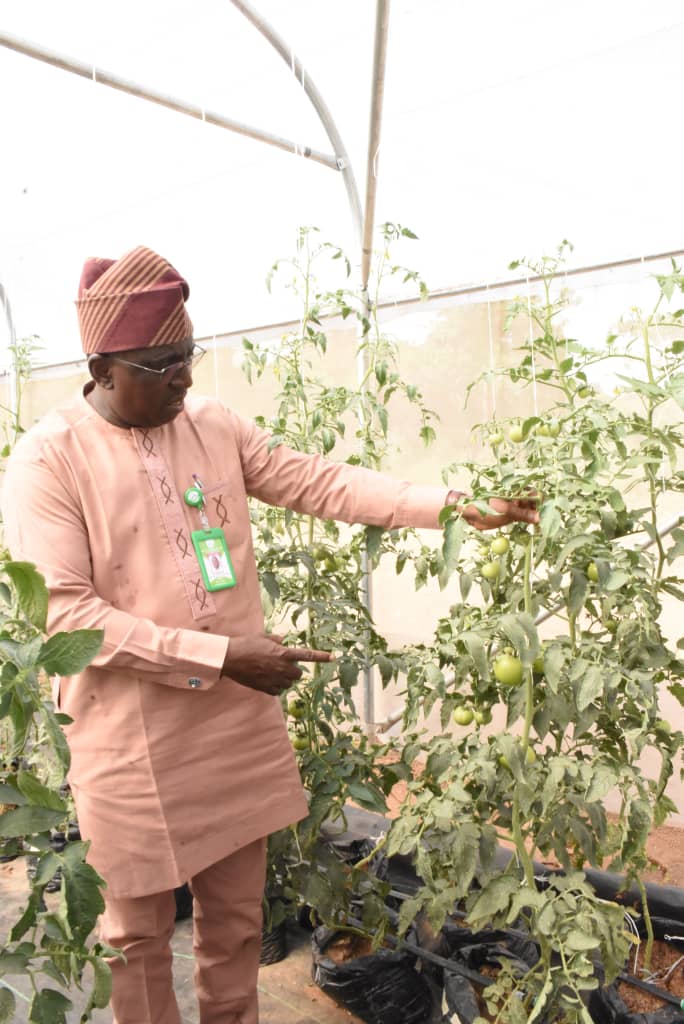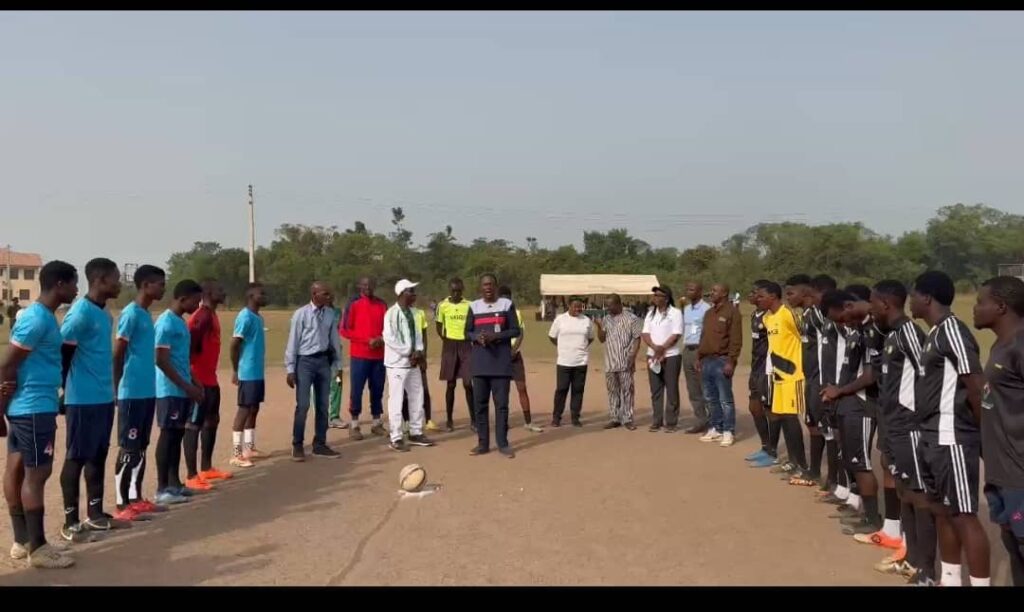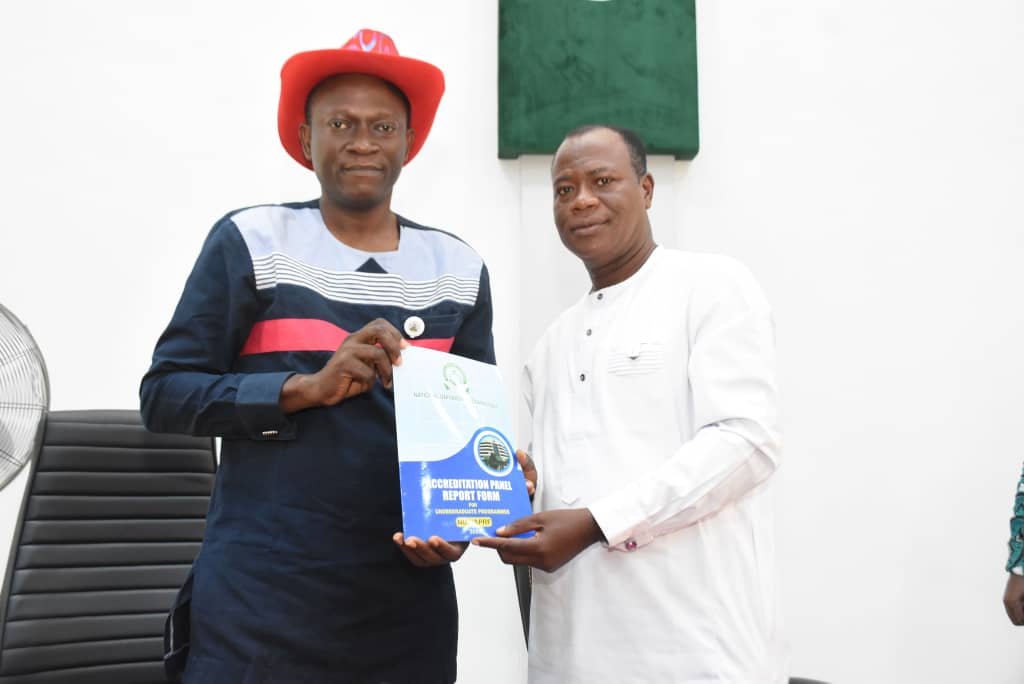The Vice-Chancellor of FUNAAB, Prof. Kolawole Salako, has identified budget planning as a key component for development. Prof. Salako made this known while delivering a keynote address at the maiden Professional Summit of the Association of Professional Bodies of Nigeria (APBN), Ogun State Chapter.
According to him, budget is a micro-economic concept that shows the trade-off made when one good is exchanged for another, with the overall benefits being to effectively utilise available resources, to achieve the objective of an organisation, or the state. The Vice-Chancellor, who was represented by the Dean, College of Management Sciences (COLMAS), Prof. Akeem Salami, stated that budget development process begins by establishing assumptions for the upcoming budget period, relating to projected sales trends, cost trends, and the overall economic outlook of the market, industry or sector.
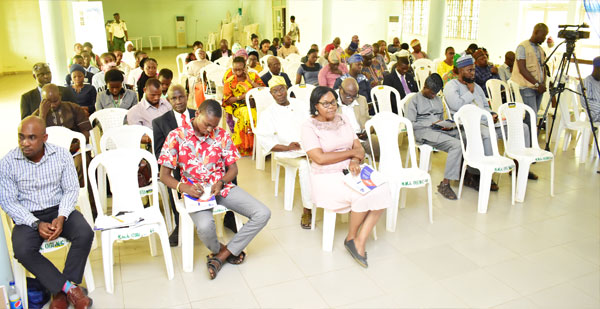
Prof. Salako highlighted the factors affecting effective budgeting, project management and state development as weak database, which is hindered by the level of technological development, lack of managerial effectiveness in developing countries, and corruption among others. He recommended that state developmental plans should be feasible within the stipulated time and that adequate cost-benefit analysis should be done, to ascertain the need for a particular project within the plan document with strategies. The Vice-Chancellor equally suggested that government should attempt to conduct a reliable population census to enable professionals know how many people were being planned for, adding that institutional constraints and human factors of corruption and mismanagement should be minimised through stringent penalty for offenders.
The Chairman of APBN, Engr. (Rev) Tunde Awolana said that the summit was the first to be held by the Ogun Chapter, stressing that it was conceived to create an atmosphere of intellectual discourse, where all professions can interact, to propel decent work and economic growth in line with the United Nations Sustainable Development Goals (SDGs). Engr. Awolana stated that the significance of the theme was essential at this crucial period, noting that the founding fathers of Nigeria had very high hopes and expectations for rapid, superlative socio-economic growth and development for the nation. He added that the optimistic thoughts had become a mirage as socio-economic performance over the years had remained superficial and unimpressive. He attributed this to the high rate of corruption, misplaced priorities, non-inclusion of local content, and mismanagement of public resources, which is closely linked to the public sector procurement systems.
Other Related Post
- DEPLORABLE CAMP/ALABATA ROAD: Management Embarks On Rescue Mission -Solution underway
- FUNAAB @ 30: NRI Felicitates with FUNAAB
- FUNAAB will sustain CEADESE Programmes, VC Assures

